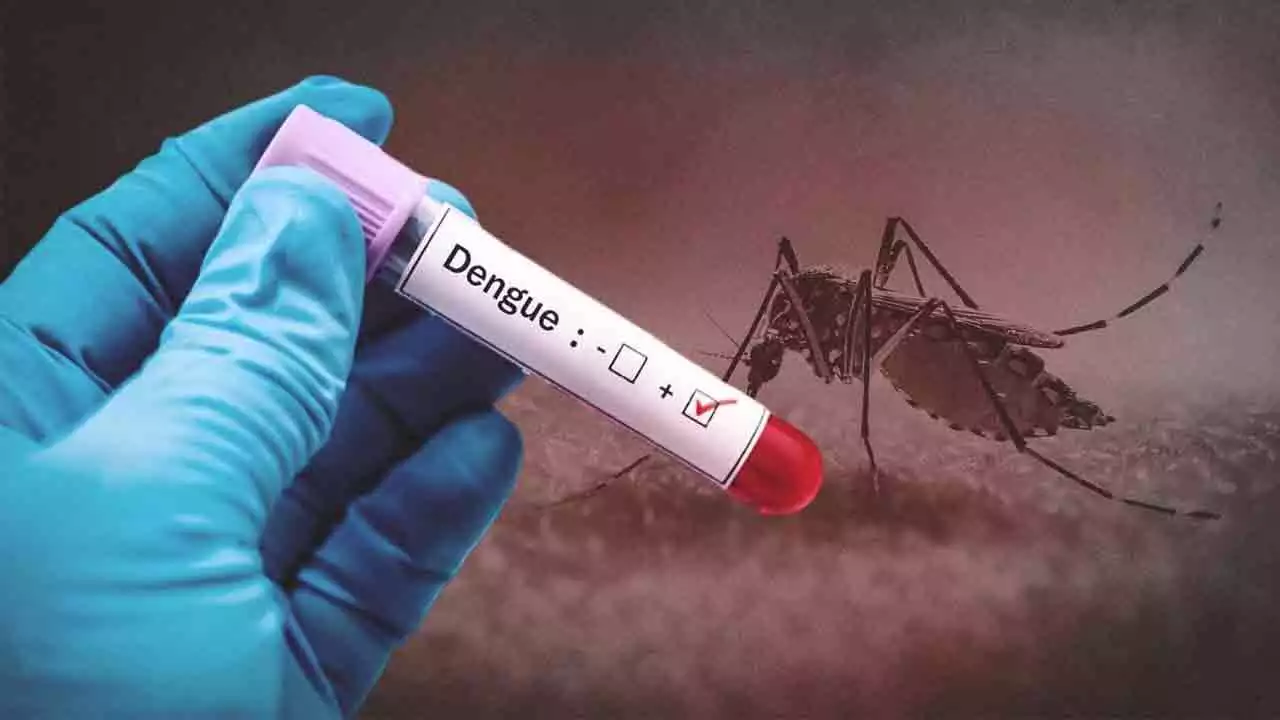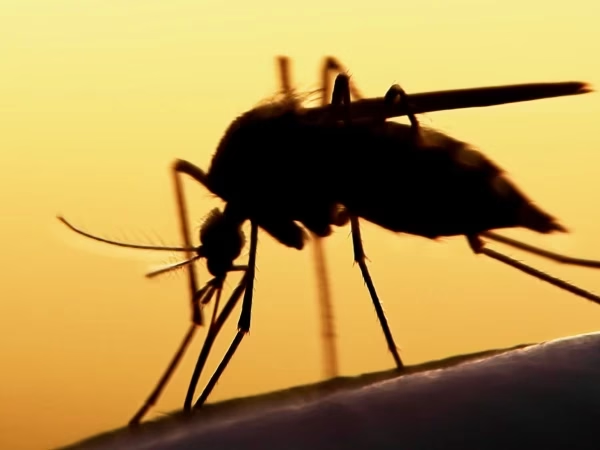The health department’s latest report has raised concerns over the increasing number of dengue cases in Lahore, with a confirmed case reported in the last 24 hours. This brings the total number of dengue cases in the city to 105 for the year, signaling a worrying trend that demands immediate attention from both authorities and the public.
Recent Developments and Statistics
The report highlights the discovery of dengue larvae at 2,067 locations across Lahore in the past 24 hours alone. This surge in larvae detection is a clear indicator of the potential for further spread of the dengue virus, especially in the aftermath of the recent monsoon rains. The rains have created ideal breeding conditions for mosquitoes, particularly the Aedes aegypti species, which is the primary carrier of the dengue virus.
In response to these developments, law enforcement agencies have taken action against those violating dengue prevention protocols. FIRs have been registered against 106 individuals, while 1,961 others have been issued notices for failing to comply with dengue SOPs. These measures are crucial for ensuring that all citizens adhere to guidelines aimed at controlling the spread of the virus.
The Threat of Monsoon-Driven Spread
The monsoon season, while a much-needed relief from the summer heat, has unfortunately exacerbated the dengue situation in Lahore. Stagnant water from heavy rains provides perfect breeding grounds for mosquitoes, leading to a rapid increase in the population of the Aedes aegypti mosquito. According to sources, there are more than 20,000 dengue hotspots identified throughout the city, many of which have seen an alarming rise in larvae growth.
This situation is particularly concerning given the forecast of continued rains in the region. If immediate steps are not taken to control the mosquito population, Lahore could see a significant spike in dengue cases, putting additional strain on the already burdened healthcare system.
The Current Situation in Hospitals
As of now, ten dengue patients are receiving treatment in various hospitals across Lahore. Fortunately, the health department has reported that the condition of all these patients is stable and not life-threatening. However, the rising number of cases means that hospitals must remain vigilant and prepared for a possible influx of patients in the coming weeks.
Hospitals in Lahore, particularly those in dengue-prone areas, need to ensure that they have adequate supplies of necessary medical resources, including fluids and medications used to treat dengue fever. Furthermore, healthcare professionals must be trained to recognize and manage dengue symptoms promptly to prevent complications, such as severe dengue (also known as dengue hemorrhagic fever), which can be fatal if not treated quickly.
The Need for Enhanced Dengue Surveillance
One of the most pressing issues highlighted by the health department’s report is the apparent lack of effective dengue surveillance in Lahore. Despite the known risks and the identification of numerous dengue hotspots, surveillance efforts remain insufficient. This gap in monitoring is concerning, as it hampers the ability to detect and respond to outbreaks promptly.
Authorities must urgently address this by increasing surveillance activities, particularly in high-risk areas. This includes regular inspections of potential mosquito breeding sites, such as stagnant water in containers, gutters, and construction sites. Public awareness campaigns are also crucial to educate citizens on how they can contribute to preventing the spread of dengue by eliminating mosquito breeding sites in and around their homes.
Public Responsibility and Preventive Measures
While government action is essential, public cooperation is equally critical in controlling the spread of dengue. Residents of Lahore must take proactive steps to protect themselves and their communities from the virus. This includes regularly cleaning water containers, covering water tanks, and ensuring that there is no standing water in and around their homes.
Using mosquito repellents, wearing long-sleeved clothing, and installing mosquito nets can also help reduce the risk of mosquito bites. Additionally, citizens should report any violations of dengue SOPs to the authorities, ensuring that those who neglect their responsibilities are held accountable.
The increasing number of dengue cases in Lahore is a stark reminder of the importance of vigilance and proactive measures in disease prevention. The health department’s recent report underscores the need for immediate action to control the spread of the dengue virus, particularly in light of the favorable conditions created by the monsoon season.
With over 105 cases reported this year and the discovery of larvae at thousands of locations, it is clear that the threat of a dengue outbreak is real and present. Both authorities and the public must work together to enhance surveillance, enforce SOPs, and adopt preventive measures to protect the health and safety of all citizens. Only through a coordinated and sustained effort can Lahore effectively combat the rising tide of dengue and prevent further cases from occurring.



